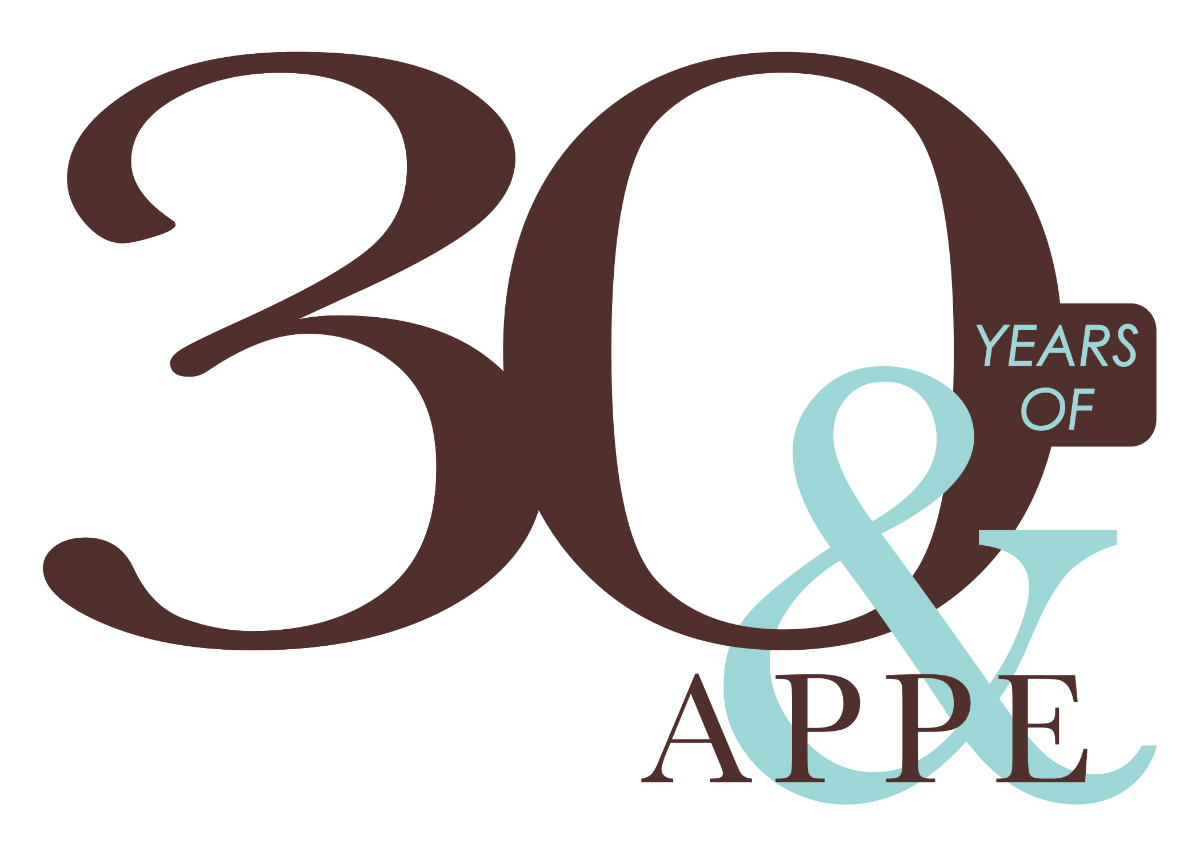While artificial intelligence (AI) technology has been transforming our lives and offering valuable applications in a broad spectrum of domains such as business, medicine, and communication, it is difficult, if not impossible, to understand the decision-making processes of this complex technology. To increase trust in AI, criteria like transparency, explainability, privacy, fairness, and accountability have been suggested.
The webinar will explore questions related to trust in AI technology including:
- How much trust to put in machines?
- How can more insight into the decision-making processes be gained?
- What are ways to evaluate and monitor technology?
- How can adequate assessments and regulations be developed?
- Is trust the right concept at all when interacting with AI?
Speakers include:
Jason Borenstein
Jason Borenstein, Ph.D., is the Director of Graduate Research Ethics Programs at the Georgia Institute of Technology. His appointment is divided between the School of Public Policy and the Office of Graduate Studies. He has directed the Institute's Responsible Conduct of Research (RCR) Program since 2006 and is part of the leadership team for the Ethics, Technology, and Human Interaction Center (ETHICx). Dr. Borenstein is a member of the Association for Practical and Professional Ethics (APPE) Board of Directors, Chair of the APPE Research Integrity Scholars and Educators (RISE) Consortium, and a member of the IEEE SSIT Technical Committee on Ethics/Human Values. His teaching and research interests include robot & artificial intelligence ethics, engineering ethics, research ethics/RCR, and bioethics.
Hille Haker
Hille Haker, Ph.D., holds the Richard McCormick S.J. Endowed Chair of Catholic Moral Theology at Loyola University Chicago. She served on several Bioethics Committees, including the European Group on Ethics in Science and New Technologies to the European Commission, which issues reports on ethical, legal, and social implications of new technologies and fosters the dialogues between science and society.
Her scholarship in bioethics centers on reproductive medicine, genetic diagnosis and gene editing, methods of bioethics, such as narrative bioethics and feminist ethics, and the history of eugenics, racism, and human dignity and vulnerable agency as a response.
Her recent books are Towards a Critical Political Ethics. Catholic Ethics and Social Challenges (2020), and an edited volume Unaccompanied Migrant Children. Social, Legal, and Ethical Perspectives (2019, with Molly Greening).
Roberto Zicari
Roberto V. Zicari is an affiliated professor at the Yrkeshögskolan Arcada, Helsinki, Finland, and an adjunct professor at the Seoul National University, South Korea. He is currently leading a team of international experts who defined an assessment process for Trustworthy AI, called Z-Inspection®.
Previously he was Professor of Database and Information Systems (DBIS) at the Goethe University Frankfurt, Germany, where he founded the Frankfurt Big Data Lab.
He is an internationally recognized expert in the field of Databases and Big Data. His interests also expand to Ethics and AI, Innovation, and Entrepreneurship. He is the editor of the ODBMS.org web portal and of the ODBMS Industry Watch Blog. He was for several years a visiting professor with the Center for Entrepreneurship and Technology within the Department of Industrial Engineering and Operations Research at UC Berkeley (USA).






